 YEAR-ENDER FEATURE
YEAR-ENDER FEATUREThe COVID-19 outbreak within the South Africa and England camps added to Cricket South Africa’s (CSA) woes after a forgettable 12 months or so. The last year saw interesting turn of events within the CSA, which not just tampered its image, but also saw them on the cusp of being completely banished from international cricket.
We need to go a little further back to see how it all started.
No, thank you
It all started in November 2019, when former skipper Graeme Smith withdrew his application from CSA’s director role, saying that he had a lack of confidence in the administration. CSA were not in a particularly good state with its member boards and were fighting court cases with the players’ association (SACA) over the proposed domestic structure and also against Western Province, who were suspended. More importantly, the CSA had estimated losses of R654 million for the next four-year cycle as the Proteas board was unable to sell broadcasting rights for the inaugural season of the Mzansi Super League (MSL) and as a result, it had to shell out R80 million out of its own pocket.
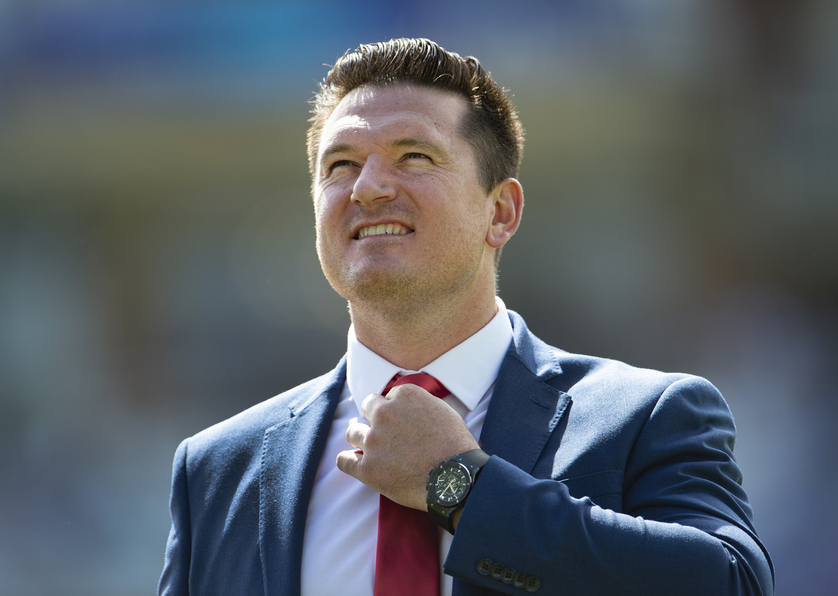
Speaking of the MSL, the T20 tournament was scheduled to start in December 2017, but due to financial constraints it was put off by a year. After two editions – in 2018 and 2019 – the third edition has been postponed to 2021 due to the COVID-19 outbreak, which is certainly not the last time the pandemic would go on to wreak havoc.
Suspensions and appointments
Thabang Moroe was suspended as the CEO of CSA for alleged misconduct on December 6, 2019. An independent investigation and a forensic audit was announced upon his suspension. Dr. Jacques Faul took his place the following day. However, it was unclear if Smith would be appointed director of cricket despite former captain Ali Bacher mediating the meeting between Smith and Moroe a day before the latter was suspended.
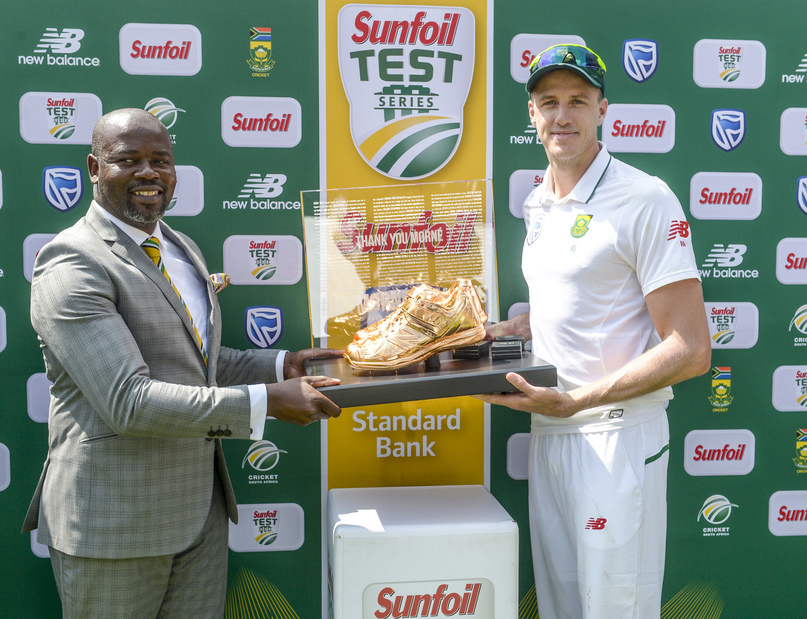
However, five days after Moroe’s suspension, Smith was appointed director of cricket for three months. After its completion, he was given the full-time role on April 17, 2020 until March 31, 2022.
The Moroe saga did not end there. Less than two months after Smith was made permanent, Moroe tried to return to work, but CSA reiterated that he was indeed still suspended from returning to office.
The saga continues
The real drama began only after Smith’s move was made permanent. Chris Nenzani (CSA President) and Jacques Faul (Acting CEO) resigned on the same day in August, 2020, following pressure of a massive administrative upheaval. Nenzani quit hours after Chief Operating Officer Nassei Appiah had been sacked.
Replacements were named almost immediately as Kugandrie Govender was appointed acting CEO and Beresford Williams was appointed president. Following their appointment Moroe was axed as CSA CEO. A thorough investigation revealed that he was fired for misconduct while in office and also for revoking media accreditation of five journalists for no valid reason among other things as mentioned in the 457-page Fandudzi Report, whose full contents were made public on November 25, 2020.
Board members asked to step aside
South African Sports Confederation and Olympic Committee (SASCOC) took over the affairs within the CSA on September 11 as it wanted to investigate "many instances of maladministration and malpractice" within the organization. They held positive talks with CSA a few days later, but the committee later on wanted to involve the country’s sports minister Nathi Mthethwa to take action against CSA to restore dignity in the game. The ICC clearly forbids outside interference in the functioning of a cricket board and as a result, South Africa could have been banned from participating in international matches – pretty similar to what had happened to Nepal not too long ago.
On October 25, the acting president along with all the board members resigned, which paved way for Haroon Lorgat to take over as the president of the interim CSA board, but CSA’s members’ council did not identify them, which chairman of the interim board Judge Zak Yacoob warned could have serious repercussions
Cricketers express concern
The South Africa Cricketers’ Association expressed ‘despair and disbelief’ with what was happening within the board. "We are back to square one, and the glimmer of hope has now been replaced by further disappointment and confusion," said Cricketers’ Association chief executive Andrew Breetzke.
Amidst all this, cricket was a welcome break for those closely following the episodes behind the scene. England landed in South Africa for a six-match international series, comprising of three One-Day Internationals (ODI) and as many T20 Internationals (T20I).
The T20I series went smoothly – not so much for South Africa as they were at the wrong end of a 3-0 whitewash – but at least, the series went on without any hiccup.
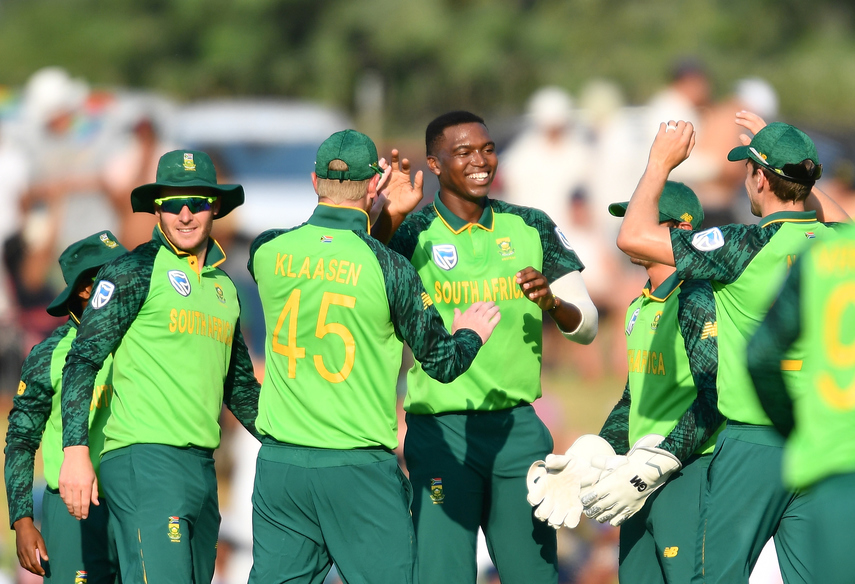
That is as good as the tour got as positive COVID-19 cases were found in both camps and just a couple of hours before the start of the first ODI, the match was postponed and then later on cancelled. Consequently, the tour itself was called off on December 7, as a precaution, with the series becoming the first casualty of the pandemic
While the effectiveness of the bubble was challenged, Yacoob went one step further and slammed the England contingent for going back home without completing the tour.
Time to get South Africa Cricket back on track
Even before all the drama started, the then South Africa captain Faf du Plessis said (in December 2019) that he wanted the focus back on cricket and not the off-field squabbles, considering that a crucial tour of England was just around the corner. The tour comprising of three Tests, as many ODIs and T20Is was a great chance for the Proteas to bounce back on home soil after the thrashing they suffered in the Test series in India.
"It's about experience; getting people in that can take this great game of ours on the right track again," du Plessis said ahead of England’s visit in 2019-20.
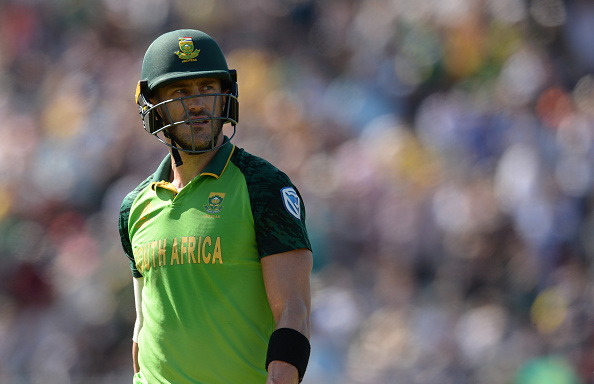
With Smith holding a high post within the CSA, Mark Boucher as the head coach, Jacques Kallis as the batting coach and other players who were a trusted part of Smith’s era as captain like Charl Langeveldt, Justin Ontong and others part of the backroom staff, one thought things would finally look up.
‘A lot on my plate’
The results did not go in favour of South Africa and after the England tour of 2019-20, du Plessis relinquished his captaincy from all formats, leaving Quinton de Kock in charge.
While de Kock is happy to lead in limited-overs, he says he will not be a long-term prospect as Test captain, but is happy to keep the seat warm until such a candidate emerges. “The guys (selectors) are looking for a long-term leadership role. I won't be doing that. There does seem a lot on my plate but I am quite happy to do it for now,” de Kock said after he was appointed Test captain for the home series against Sri Lanka.
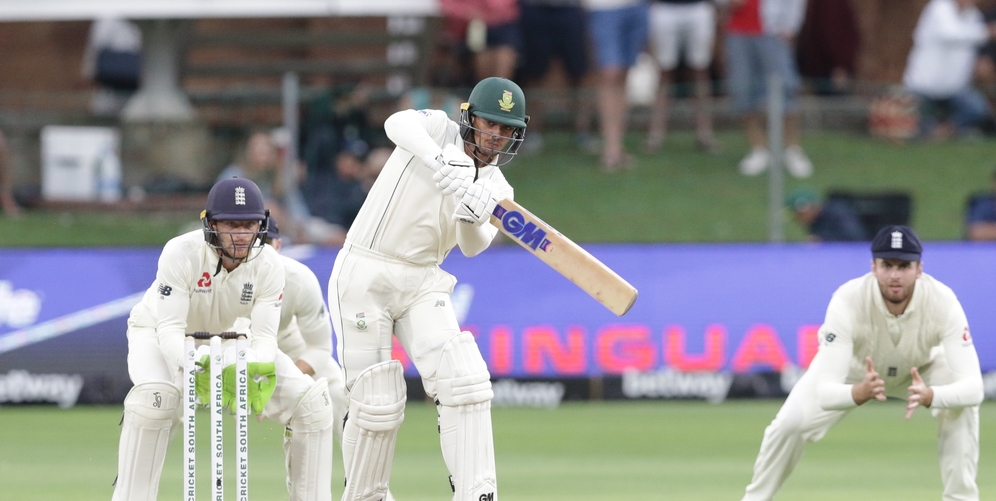
It is safe to say, that South Africa need to sort their issues out – both on and off the field – in the upcoming months. With two T20 World Cups plus a chance to play in the World Test Championship (WTC) final in the horizon over the next two years or so, it would not be ideal for a team like South Africa not to put their best foot forward.
For that, the entire CSA saga should be resolved at the earliest, and amicably. Only then can they function like a well-oiled machine.